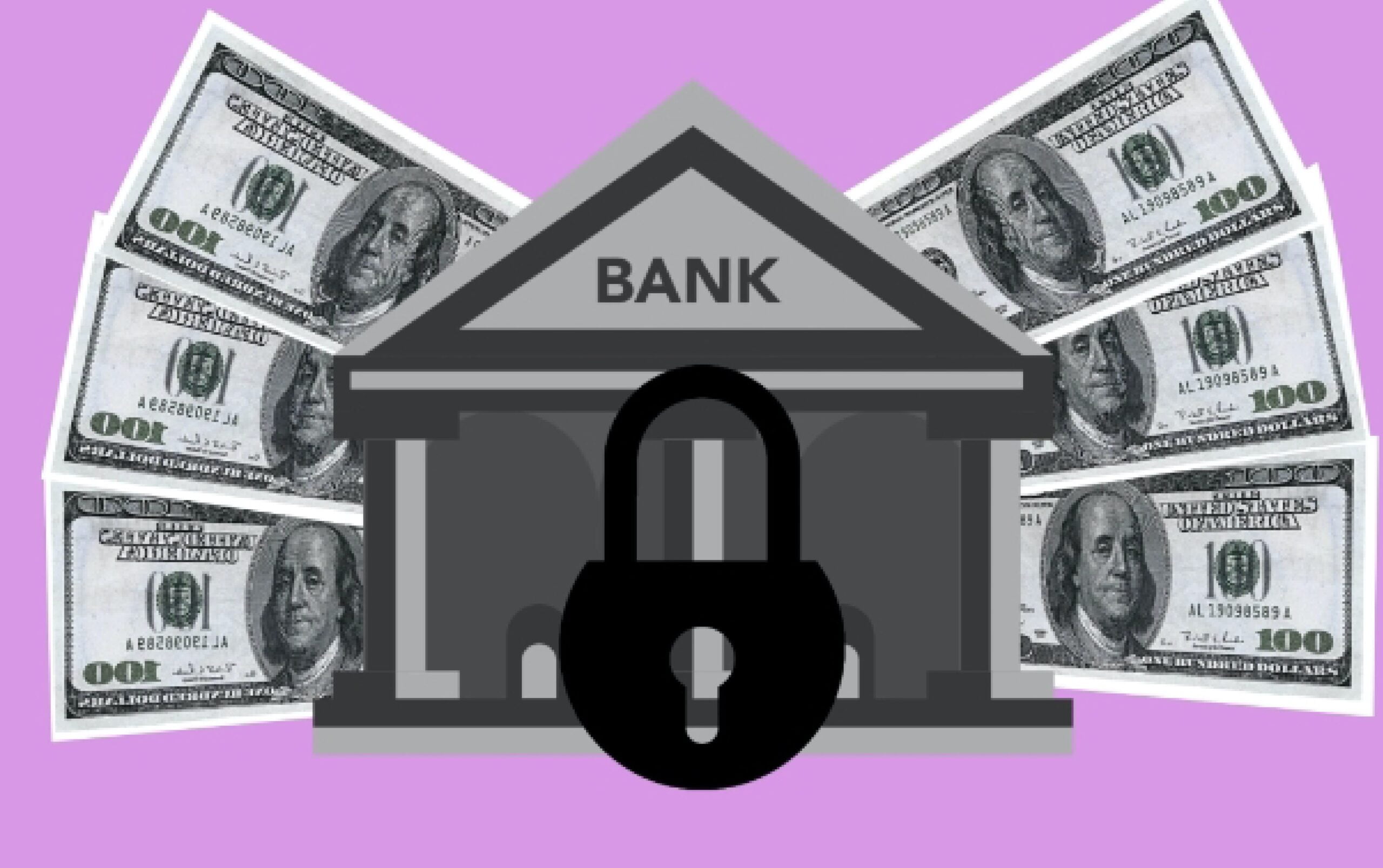In terms of personal finance, credit ratings are essential since they affect your capacity to get loans, credit cards, and other financial goods. Three-digit summaries of your creditworthiness based on your credit history are known as credit scores. For financial stability, it is crucial to comprehend credit ratings and how to raise them. In-depth discussion of credit scores and advice on how to raise them are topics covered in this article.
A credit score: what is it?
A credit Rating, which ranges from 300 to 900, is a numerical indicator of your creditworthiness. Your creditworthiness will be better and your chances of getting loans and credit cards will increase as your score rises. Your credit score is determined by a number of variables, including:
- Credit utilisation- which makes up 30% of your credit score, measures how much of your credit you are actually using in comparison to your credit limit. Your credit score may suffer if you have a high credit utilisation rate.
- The length of your credit history- which makes up 15% of your credit score, shows how long you’ve had credit accounts.
- Credit mix- which makes up 10% of your credit score, is an indicator of the different kinds of credit accounts you have, including credit cards, loans, and mortgages.
- New credit- This factor, which makes up 10% of your credit score, shows how frequently you apply for new credit accounts.
- Your payment history- which makes up 35% of your credit score, shows whether you’ve been prompt with your payments on your credit accounts.
How to view your credit Ratings
There are numerous websites, and Loan applications that let you check your credit score for free. These websites offer a thorough analysis of your credit rate and the elements that affect it. Additionally, you can also get a free credit report every year from each of the Main three credit bureaus that is Experian, Equifax, and TransUnion.
How to raise your credit rating
Although it takes time and effort to raise your credit ratings, it is ultimately worthwhile. You may be eligible for better loan and credit card terms, such as lower interest rates and higher credit limits, with a higher credit rating.
The following advice will help you raise your credit rating:
- Reduce your credit utilisation- Because your credit utilisation ratio accounts for 30% of your credit score, keeping it low is critical. On each credit account, aim to use no more than 30% of your credit limit.
- Make Timely payments- It’s important to make prompt payments on your credit accounts because your payment history accounts for 35% of your credit score. Make sure you don’t miss any payments by setting up automatic payments or reminders.
- Avoid Frequent application- A frequent application for new credit accounts can harm your credit score, so try to keep it to a minimum. Apply for new credit cards only if absolutely necessary.
- Maintain a diverse credit portfolio- Having a diverse credit portfolio, including credit cards, loans, and mortgages, can boost your credit score. However, do not open new credit accounts solely to diversify your credit mix.
- Maintain old credit accounts- Because the length of your credit history accounts for 15% of your credit score, it is critical to maintain old credit accounts, even if you no longer use them.
- Get Help- Consider seeking professional assistance from a credit counsellor or financial advisor if you are having trouble with your credit score. They can assist you in coming up with a unique strategy to raise your credit score.
- Check Credit Report- Check your credit report frequently for errors, and if necessary, file a dispute with the credit bureau to have them removed.
